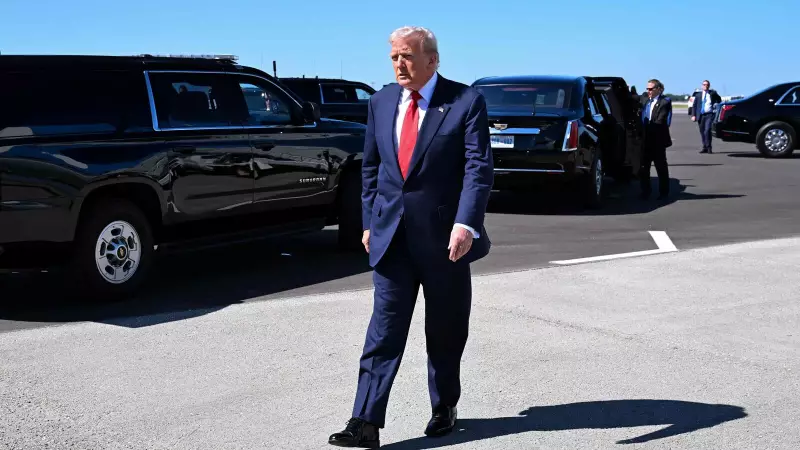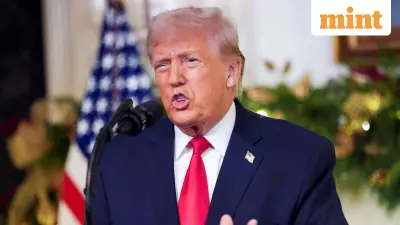
In a significant diplomatic move, former US President Donald Trump has officially designated Nigeria as a "Country of Particular Concern" regarding religious freedom violations. This declaration underscores what many human rights organizations have been reporting for years - the escalating persecution faced by Christian communities in Africa's most populous nation.
The Grave Warning About Christian Existence
Trump's statement carries a stark warning, suggesting that Christian communities in Nigeria face what he describes as an "existential threat." This alarming assessment points to the systematic violence and discrimination that have become increasingly prevalent across various regions of Nigeria.
What This Designation Means
The "Country of Particular Concern" label represents the most serious classification under US international religious freedom law. This designation:
- Identifies nations engaging in severe violations of religious freedom
- Opens the door for potential US sanctions and policy responses
- Places international spotlight on human rights abuses
- Requires the designated country to address concerns or face consequences
Background of Religious Tensions in Nigeria
Nigeria, with its nearly equal Muslim and Christian populations, has long struggled with religious tensions. However, recent years have seen a dramatic escalation in violence targeting Christian communities. From attacks by extremist groups to communal conflicts and alleged government inaction, the situation has drawn increasing international concern.
The International Response
This move by the former president aligns with growing international apprehension about Nigeria's religious freedom record. Various human rights organizations have documented numerous incidents of church burnings, kidnappings of religious leaders, and violent attacks on Christian communities that have often gone unpunished.
The designation serves as both a condemnation of current conditions and a call to action for the Nigerian government to implement stronger protections for religious minorities and address the root causes of sectarian violence.





